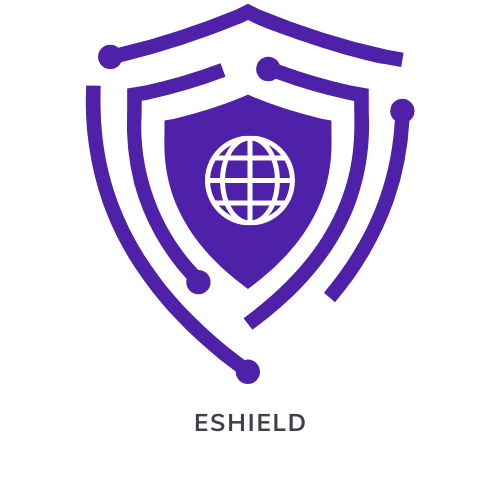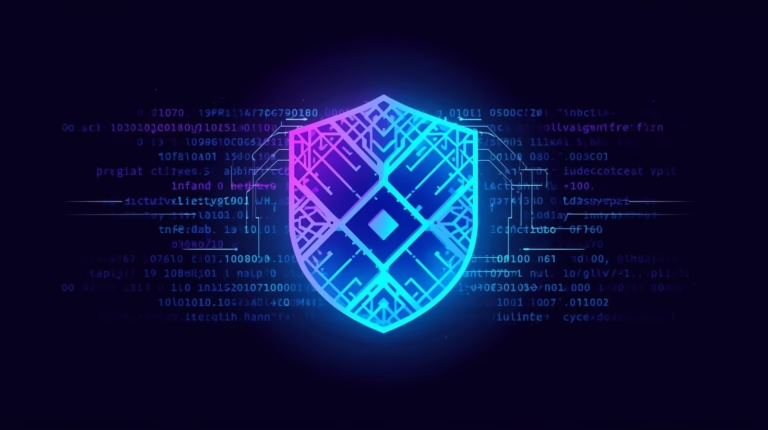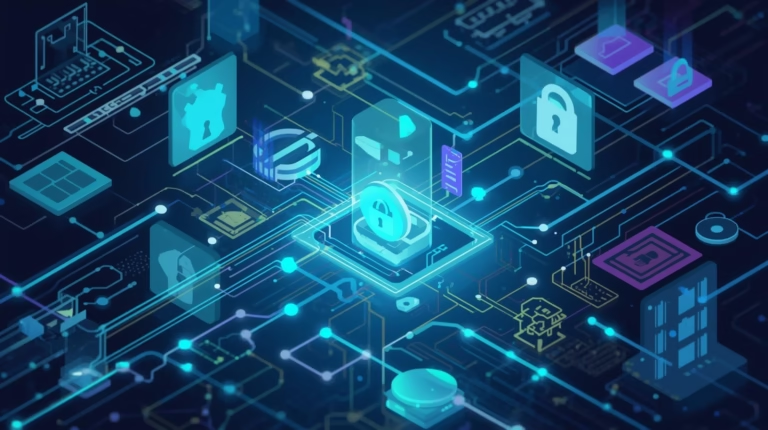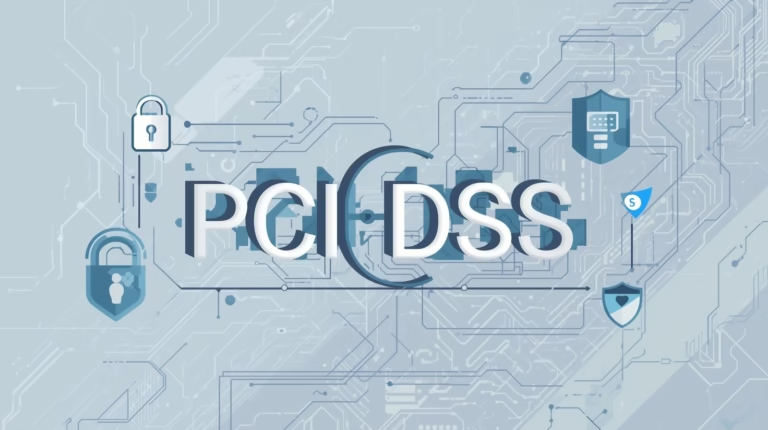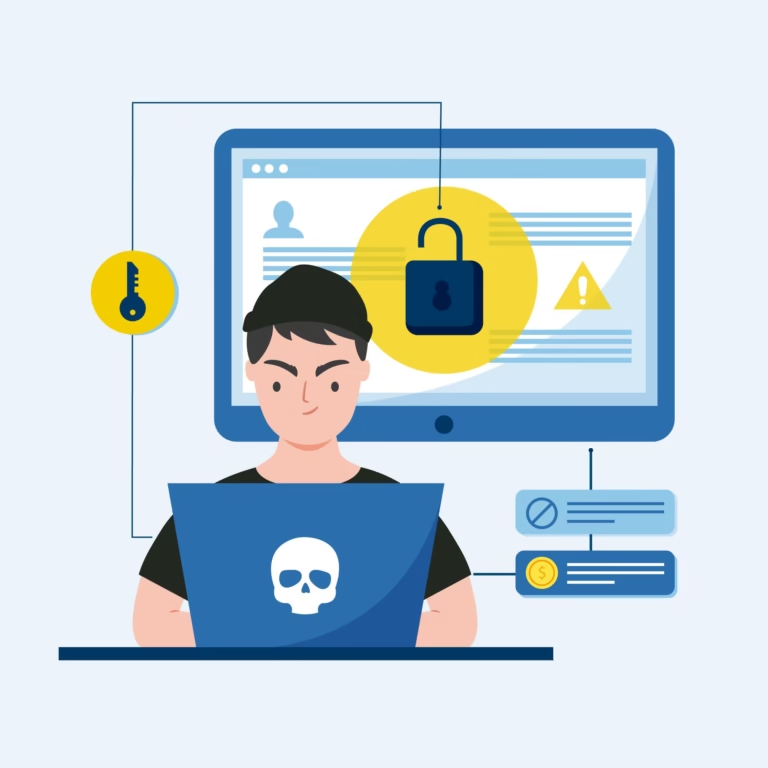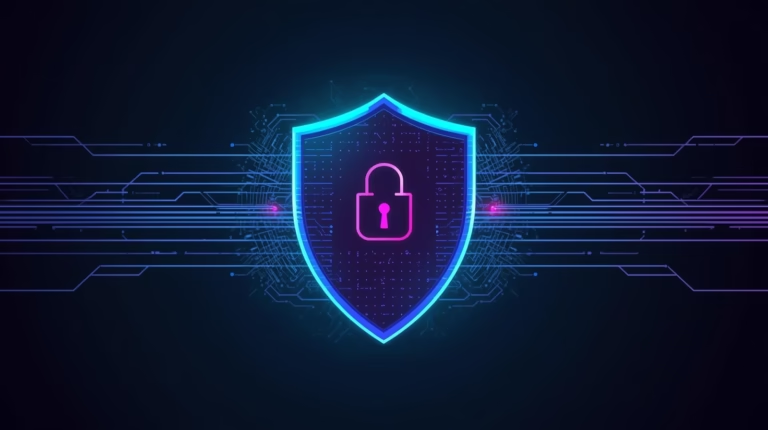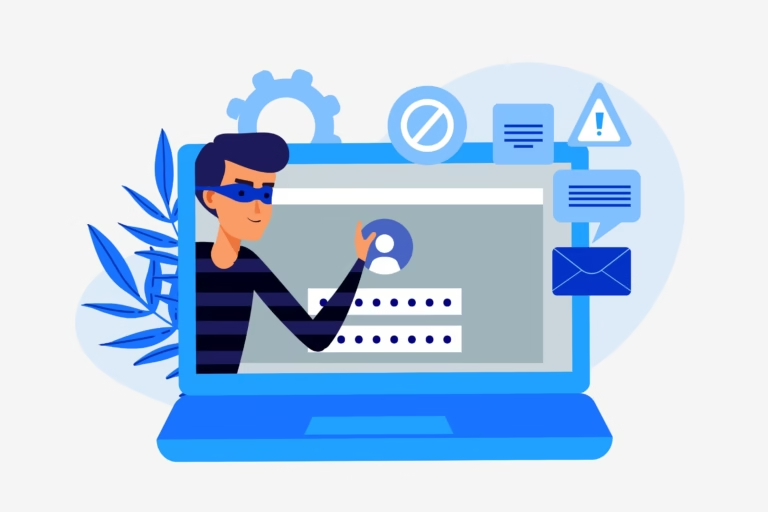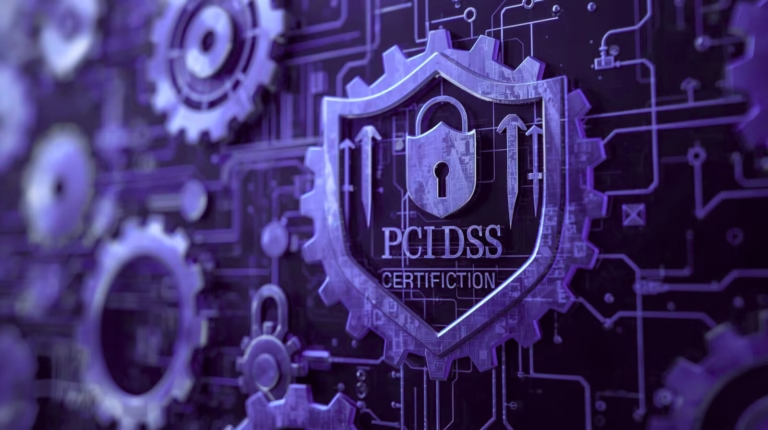Table of Contents
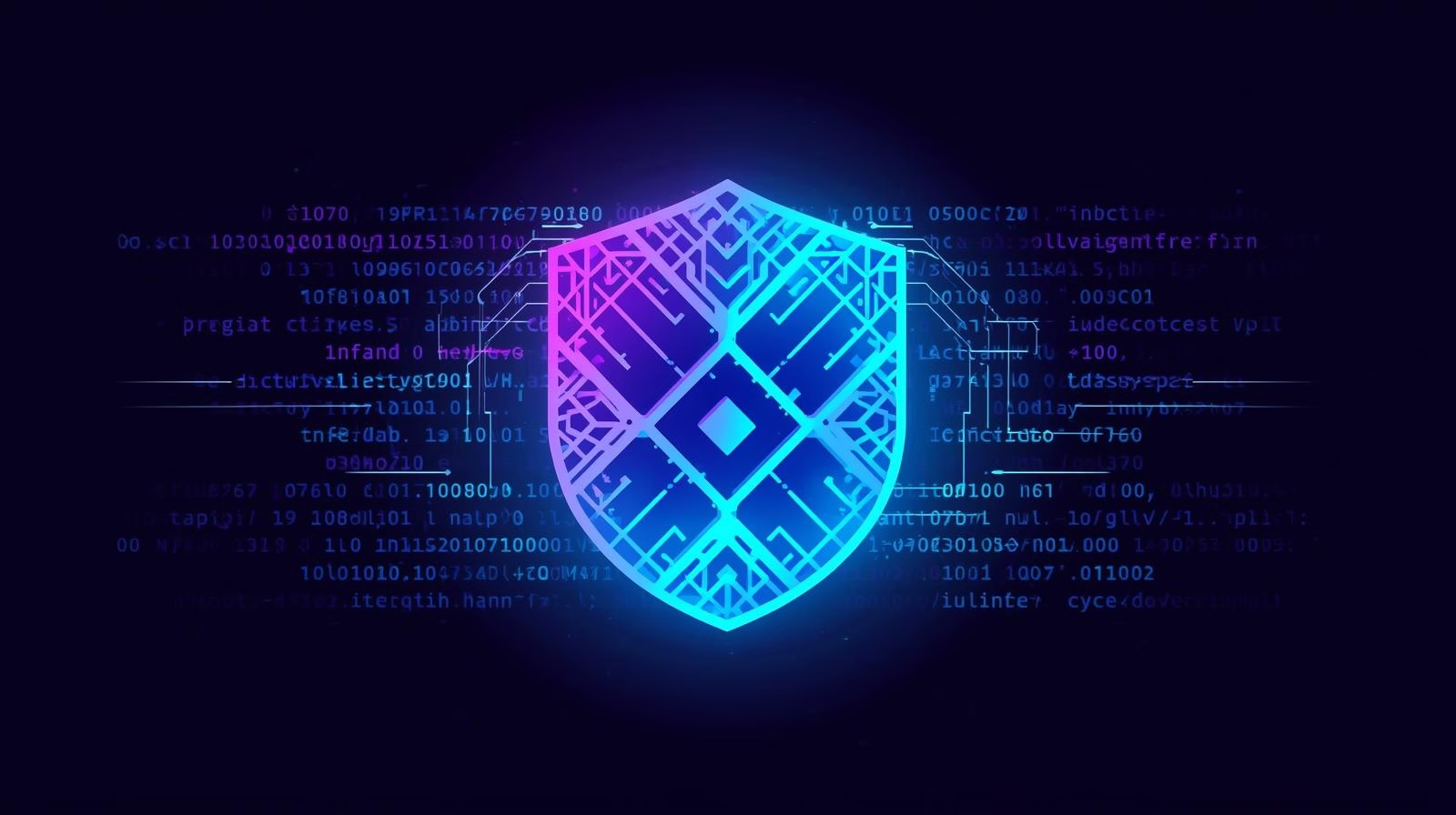
Cyber Protection That Works: Stay Secure, Stay Ahead
Cyber Protection That Works: Stay Secure, Stay Ahead
Could one missed email crash your Dubai business overnight? In the UAE's fast-paced business world, digital threats grow quickly. Cybersecurity is now key for keeping your business running smoothly. Eshielditservices
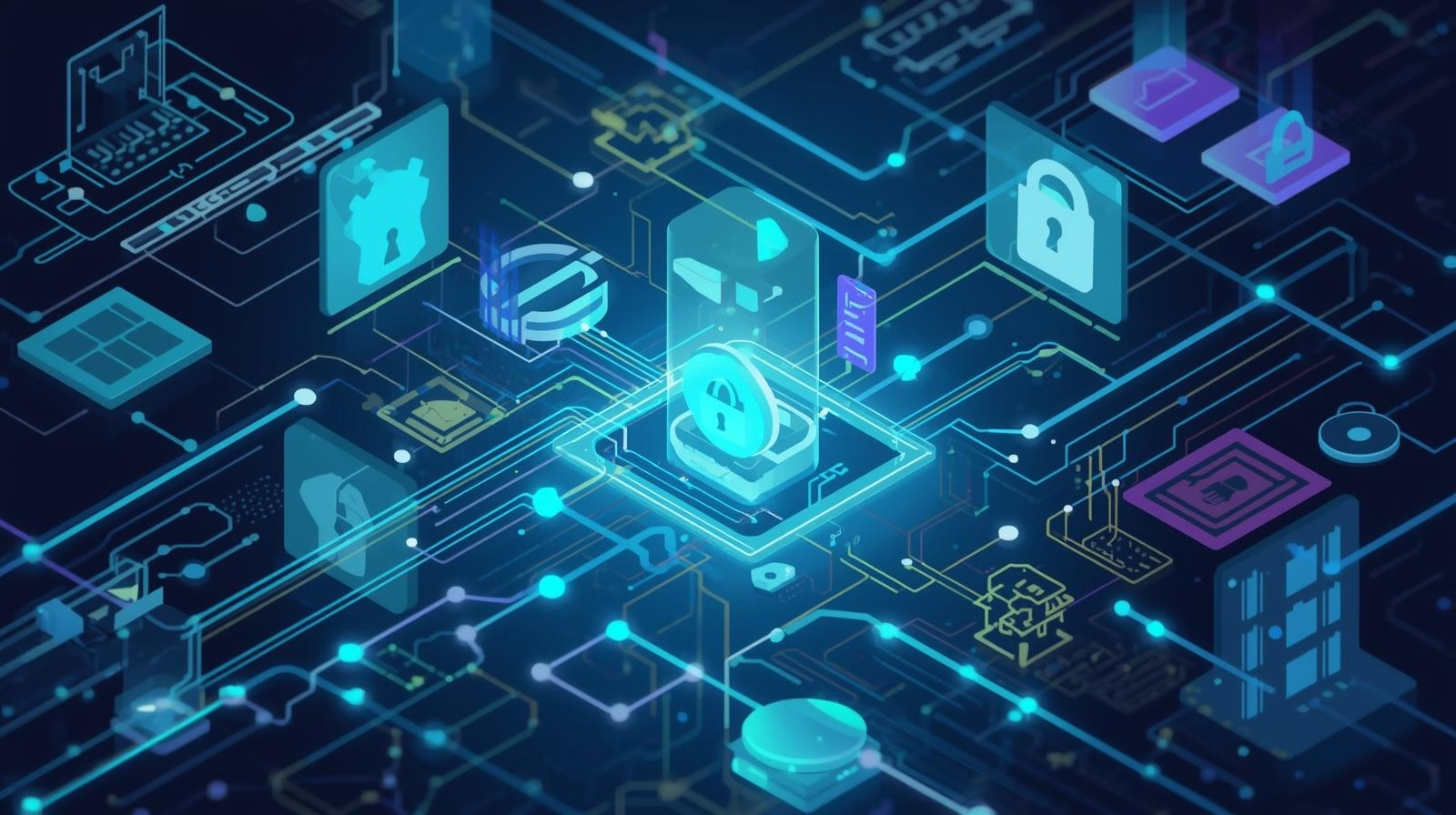
Cyber Security Basics | Fundamental Practices for Online Safety
Cyber Security Basics | Fundamental Practices for Online Safety
Have you ever wondered if your digital footprint is truly invisible to those who wish to exploit it? In the modern landscape of the United Arab Emirates, staying safe online
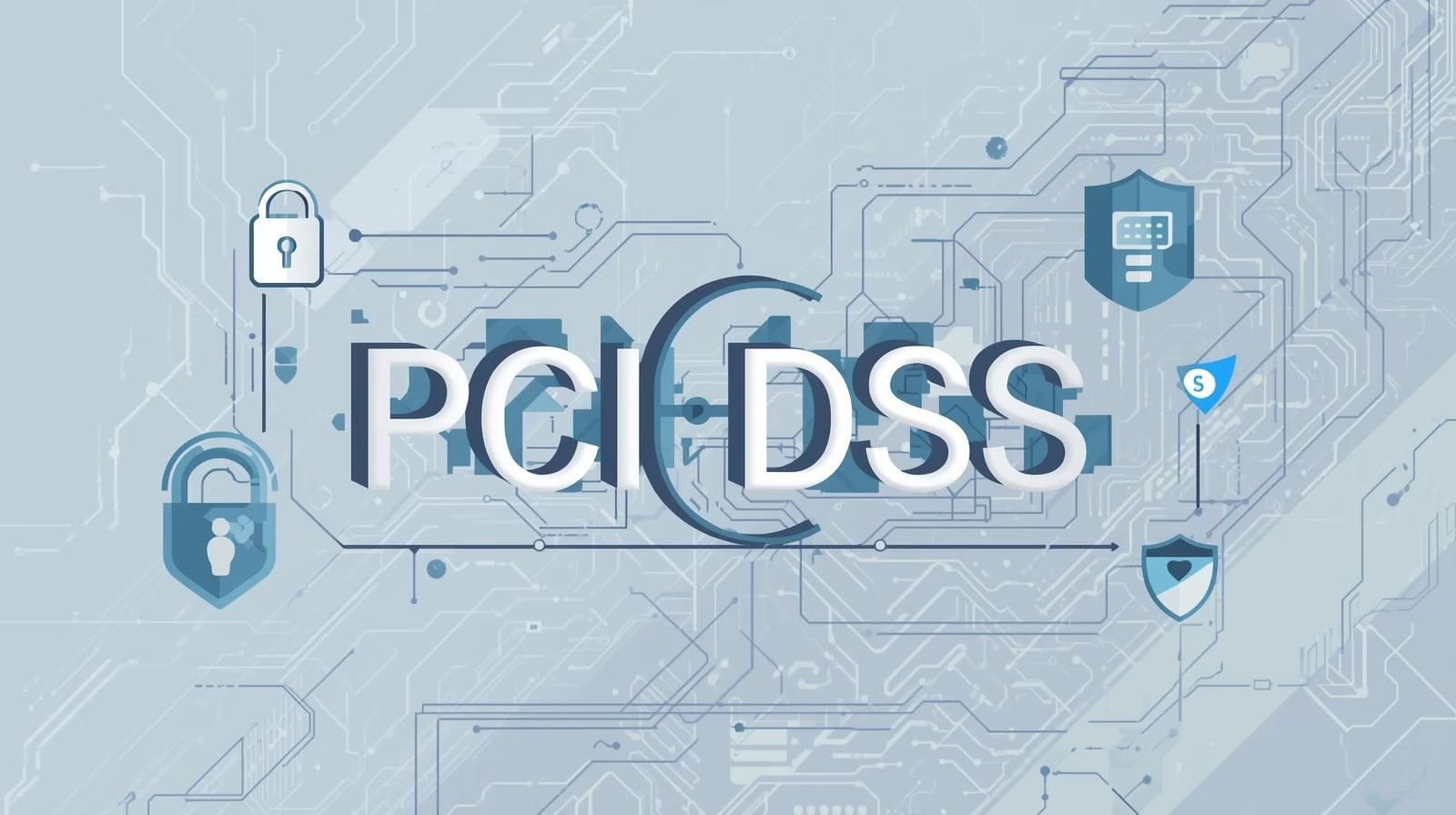
Discover What PCI DSS Stands For and Why It Matters
Discover What PCI DSS Stands For and Why It Matters
Ever thought about if your customer's credit card details are safe from online thieves? In the UAE's booming e-commerce, keeping trust is key for businesses. Knowing how to guard sensitive
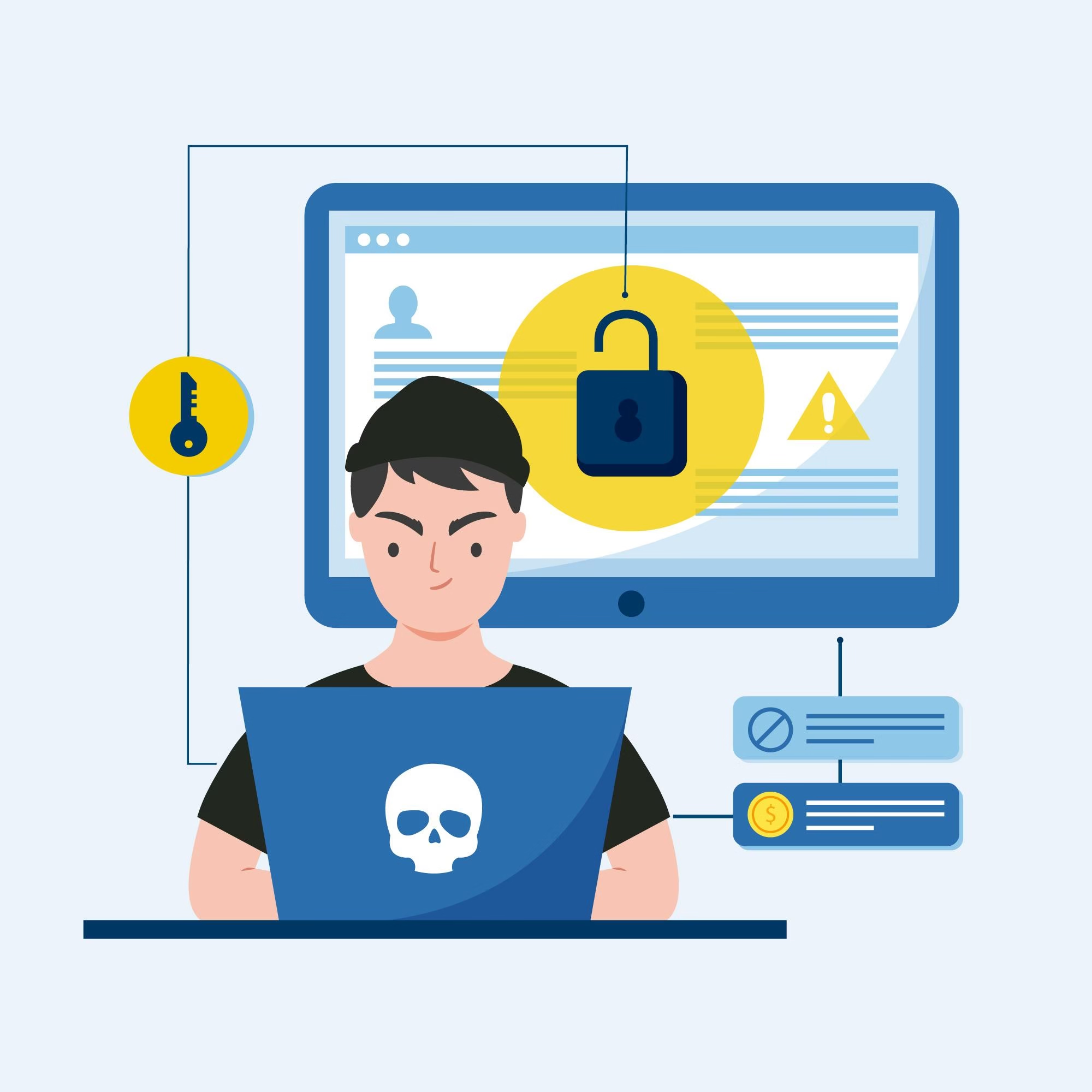
Web Cache Poisoning Explained: How Attackers Manipulate Caching Layers to Deliver Malicious Content
Web Cache Poisoning Explained: How Attackers Manipulate Caching Layers to Deliver Malicious Content
Introduction: Why Web Cache Poisoning Is Dangerous Web cache poisoning has emerged as a sophisticated attack technique that targets the performance layer of modern web applications. While caching improves speed

Expert Advice | Mastering Cyber Security as a Pro
Expert Advice | Mastering Cyber Security as a Pro
Ever thought if your company could bounce back from a huge data leak overnight? In the fast-paced markets of the United Arab Emirates, keeping your assets safe is a must.
Blockchain technology has revolutionized many industries by offering secure and transparent transactions. However, this innovative technology is not without its challenges, particularly in terms of security. In this article, we will delve into the common security issues faced in blockchain technology and explore solutions to address these vulnerabilities.

What is blockchain security?
Blockchain security refers to the measures and protocols put in place to protect the integrity and confidentiality of data stored on a blockchain network. It encompasses a range of strategies aimed at preventing unauthorized access, tampering, and other malicious activities within the blockchain ecosystem.
What are the key components of blockchain security?
The key components of blockchain security include encryption techniques, consensus algorithms, public and private key pairs, and decentralized network architecture. These elements work together to ensure the security and immutability of data stored on the blockchain.
How does blockchain technology ensure data integrity and security?
Blockchain technology ensures data integrity and security through its decentralized and transparent nature. Each block is linked to the previous one using cryptographic hashes, making it nearly impossible to alter past transactions without consensus from the majority of network participants.
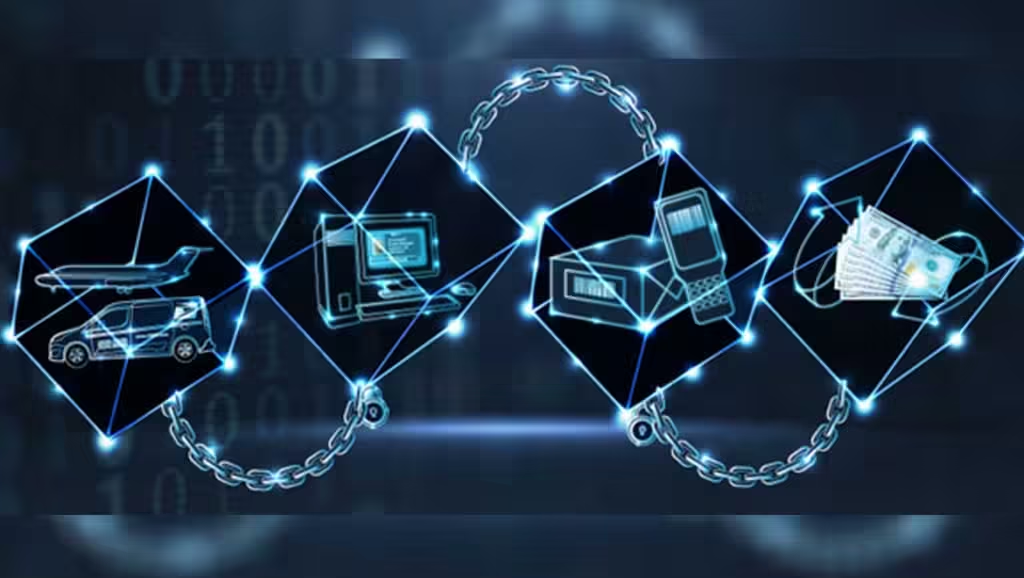
Identifying Security Challenges
What are the common blockchain security vulnerabilities?
Common blockchain security vulnerabilities include 51% attacks, private key compromises, smart contract vulnerabilities, and DDoS attacks. These weaknesses can be exploited by malicious actors to compromise the security of the blockchain network.
How do vulnerabilities in blockchain systems impact security?
Vulnerabilities in blockchain systems can lead to various security risks, such as unauthorized data access, double-spending attacks, and manipulation of transaction records. Addressing these vulnerabilities is crucial to maintaining the overall security of the blockchain ecosystem.
What are the implications of security architecture in blockchain?
Security architecture in blockchain refers to the design and implementation of security measures within the network. A robust security architecture is essential for protecting sensitive data, mitigating risks, and ensuring the integrity of transactions conducted on the blockchain.
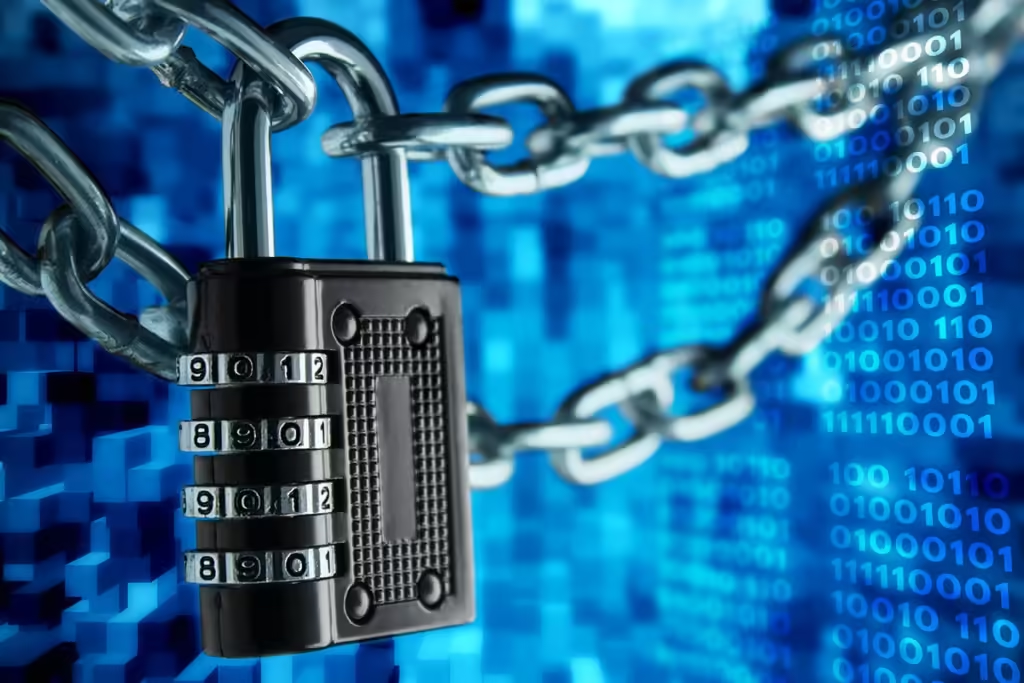
Exploring Cryptocurrency Security
How are cryptocurrencies secured within blockchain networks?
Cryptocurrencies are secured within blockchain networks through cryptographic algorithms, digital signatures, and consensus mechanisms. These security measures help prevent unauthorized access to cryptocurrency holdings and ensure the authenticity of transactions.
What are the risks associated with security and privacy in blockchain transactions?
Risks associated with security and privacy in blockchain transactions include double-spending attacks, data breaches, identity theft, and unauthorized disclosure of sensitive information. Safeguarding privacy and security is essential for fostering trust in blockchain technology.
How do phishing attacks target blockchain users?
Phishing attacks target blockchain users through deceptive emails, websites, or messages that trick individuals into revealing their private keys or credentials. By impersonating legitimate entities, hackers can gain unauthorized access to users’ accounts and assets.

Enhancing Security with Blockchain Solutions
What are the advantages of private blockchain networks in terms of security?
Private blockchain networks offer enhanced security and privacy compared to public blockchains by restricting access to authorized participants only. This limits the risk of external attacks and ensures greater control over data management and governance.
What distinguishes public blockchain security from private blockchain security?
Public blockchain security relies on decentralized consensus mechanisms and open access, while private blockchains are permissioned networks with controlled access and governance. Public blockchains prioritize transparency and censorship resistance, whereas private blockchains prioritize scalability and privacy.
How does the blockchain technology prevent double-spending attacks?
Blockchain technology prevents double-spending attacks by recording and verifying every transaction in a transparent and immutable ledger. Through consensus mechanisms like Proof of Work or Proof of Stake, blockchain networks ensure that each unit of cryptocurrency is spent only once, eliminating the risk of fraud.

Mitigating Threats and Attacks
What are the common types of attacks on blockchain networks?
Common types of attacks on blockchain networks include 51% attacks, Sybil attacks, routing attacks, DDoS attacks, and smart contract exploits. These attacks aim to compromise the integrity, availability, or confidentiality of the blockchain network.
How do Sybil attacks and routing attacks pose security risks in blockchain?
Sybil attacks involve creating multiple fake identities to control a significant portion of the network, while routing attacks manipulate the network’s routing protocols to intercept or modify data packets. Both attacks can disrupt network operations and compromise the security of transactions.
What measures can be taken to prevent unauthorized entities from joining the network?
To prevent unauthorized entities from joining the network, blockchain networks can implement identity verification procedures, consensus protocols, and network segmentation strategies. By verifying participants’ identities and limiting network access, blockchain systems can mitigate the risk of unauthorized entry and malicious activities.
